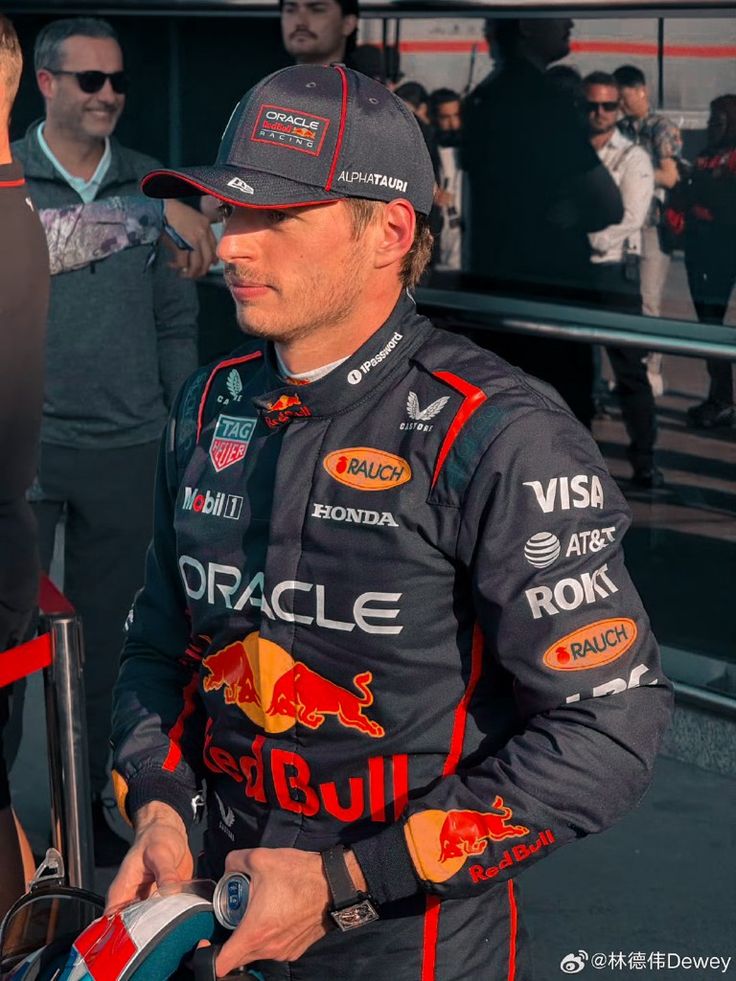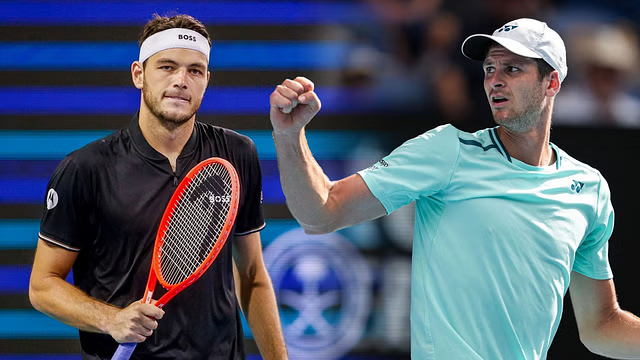Introduction: A Decision That Redefined F1 Dynamics

In the high-octane world of Formula 1, driver movements are just as riveting as race day drama. One such potential move in 2017 could have rocked the sport to its core. Max Verstappen — now a triple world champion and arguably the most dominant driver of his generation — once eyed an exit from Red Bull. The goal? To avoid a career stall similar to Fernando Alonso’s infamous series of misjudged switches.
But Red Bull saw it coming. And they blocked it. This bold maneuver not only retained a future legend but possibly redefined the trajectory of Formula 1 for years to come.
So why did Red Bull stop Verstappen from “doing an Alonso”? What were the stakes? And how different would the F1 landscape look today if they hadn’t?
Let’s dive deep into the backstory, the stats, the strategic decisions, and the high-stakes drama that saved a career — and secured Red Bull’s dynasty.
1. The Context: Verstappen’s 2017 Frustrations & the Growing Exit Rumors
In 2017, Max Verstappen was Red Bull’s rising star, but behind the scenes, frustration brewed.
- 7 DNFs (Did Not Finish) in 20 races — most due to mechanical failures.
- Struggles with the RB13’s Renault power unit made Max’s talent seem trapped.
- Meanwhile, rival teams like Ferrari and Mercedes were fighting for titles, leaving Verstappen in no man’s land.
Red Bull’s lack of competitiveness led to persistent rumors that Verstappen, still just 19, was eyeing a way out — echoing Alonso’s early moves for better machinery that eventually backfired.
2. What Does ‘Doing an Alonso’ Mean?
The phrase “doing an Alonso” in F1 parlance refers to Fernando Alonso’s career missteps — jumping between teams at the wrong time.
- 2007: Left championship-winning Renault for McLaren — chaos ensued.
- 2008-09: Back to Renault — now midfield.
- 2010-14: Ferrari — fast but frustrating years with no titles.
- 2015-18: McLaren-Honda disaster.
Verstappen’s rumored 2017 exit had fans and pundits worried he’d follow a similar path: leave too soon, chase instant success, and risk becoming a what-if story.
3. Red Bull’s Strategic Masterstroke: Locking Max In
Red Bull saw the danger signs. Christian Horner and Helmut Marko acted swiftly to retain their star asset.
🔐 The Key Moves:
- Extended Contract: In October 2017, Red Bull handed Verstappen a lucrative deal through 2020, despite having options open.
- Performance Clauses: The new deal included improved guarantees of competitiveness.
- Direct Communication: Red Bull promised Max a team built around him — a future world champion’s dream setup.
This wasn’t just damage control. It was a calculated investment in dynasty-building.
4. What If Verstappen Had Left in 2017? Alternate F1 Realities
Let’s play devil’s advocate.
Scenario A: Max Joins Ferrari
- Would have been alongside Sebastian Vettel — a political minefield.
- Ferrari’s internal chaos could have stifled Max’s growth.
- Risk of being scapegoated if results didn’t come.
Scenario B: Mercedes
- Toto Wolff admired Max, but Hamilton was the clear alpha.
- Sharing a garage with Lewis at his peak? Likely career kryptonite.
In short, leaving Red Bull may have derailed Max’s upward trajectory, just like Alonso’s fateful moves once did.
5. How Red Bull Turned Crisis Into Championship-Winning Culture
Red Bull didn’t just keep Verstappen. They revamped their entire structure to support him:
- 2021: Switched from Renault to Honda Power Units — a pivotal performance leap.
- 2022–2024: Built arguably the most dominant car in F1 history with the RB18, RB19, and RB20.
- Adrian Newey’s design genius was fully unleashed.
The result?
📈 Stats that define dominance:
- 61 wins by end of 2024.
- 3 World Championships (2021, 2022, 2023).
- Percentage of races finished on podium from 2021–2024: A staggering 85%.
6. FAQs: Everything You Wanted to Know
💬 Did Max Verstappen actually want to leave Red Bull in 2017?
Yes. Multiple credible sources, including team insiders, confirmed Max was growing restless, especially with reliability issues and Red Bull’s lack of title contention.
💬 Why did Red Bull block the move?
They recognized Max’s once-in-a-generation talent. Losing him would have gifted a competitor a guaranteed championship contender.
💬 Could Max have won titles earlier at Ferrari or Mercedes?
Possibly — but it’s speculative. At Mercedes, internal politics with Hamilton might have delayed his rise. At Ferrari, the inconsistency and mismanagement may have stunted his growth.
💬 Did the decision benefit both parties?
Absolutely. Red Bull won multiple constructors’ titles, and Verstappen became a legend — on their terms.
7. Business Lessons from Red Bull’s Verstappen Strategy
This story isn’t just about racing. It’s a business case study in:
- Talent Retention: Identify your rising stars early and create conditions where they thrive.
- Crisis Management: Turn threats (driver unrest) into opportunities (long-term investment).
- Brand Loyalty: Red Bull built a culture where Max didn’t want to leave again — even when rivals came knocking.
In an era where talent is mobile and loyalty is rare, Red Bull’s approach offers a blueprint for organizations seeking to build dynasties instead of just teams.
8. The Power of Patience: Why Verstappen’s Gamble Paid Off
In 2017, Verstappen could have leapt. But he didn’t — and it changed everything.
Sometimes, the best move in business and in sport is no move at all — especially if your team is willing to invest in your vision, growth, and long-term success.
It wasn’t just a contract extension. It was a statement of intent — from both sides.
Conclusion: The Sliding Doors Moment That Shaped F1’s Future
Red Bull blocking Max Verstappen’s potential 2017 exit wasn’t just about saving face or retaining a contract. It was about building a legacy.
Imagine a Formula 1 world where Verstappen left early, got lost in midfield chaos, or clashed with big egos in another garage. We might never have seen the driver who now dominates the sport like no one else since Schumacher.
Red Bull’s foresight — and Verstappen’s eventual trust — rewrote the script. Together, they’ve built one of the most formidable dynasties in modern sport.
So the next time you hear someone mention “doing an Alonso,” remember this: Max Verstappen almost did — but Red Bull made sure he didn’t.
And Formula 1 is better for it.


